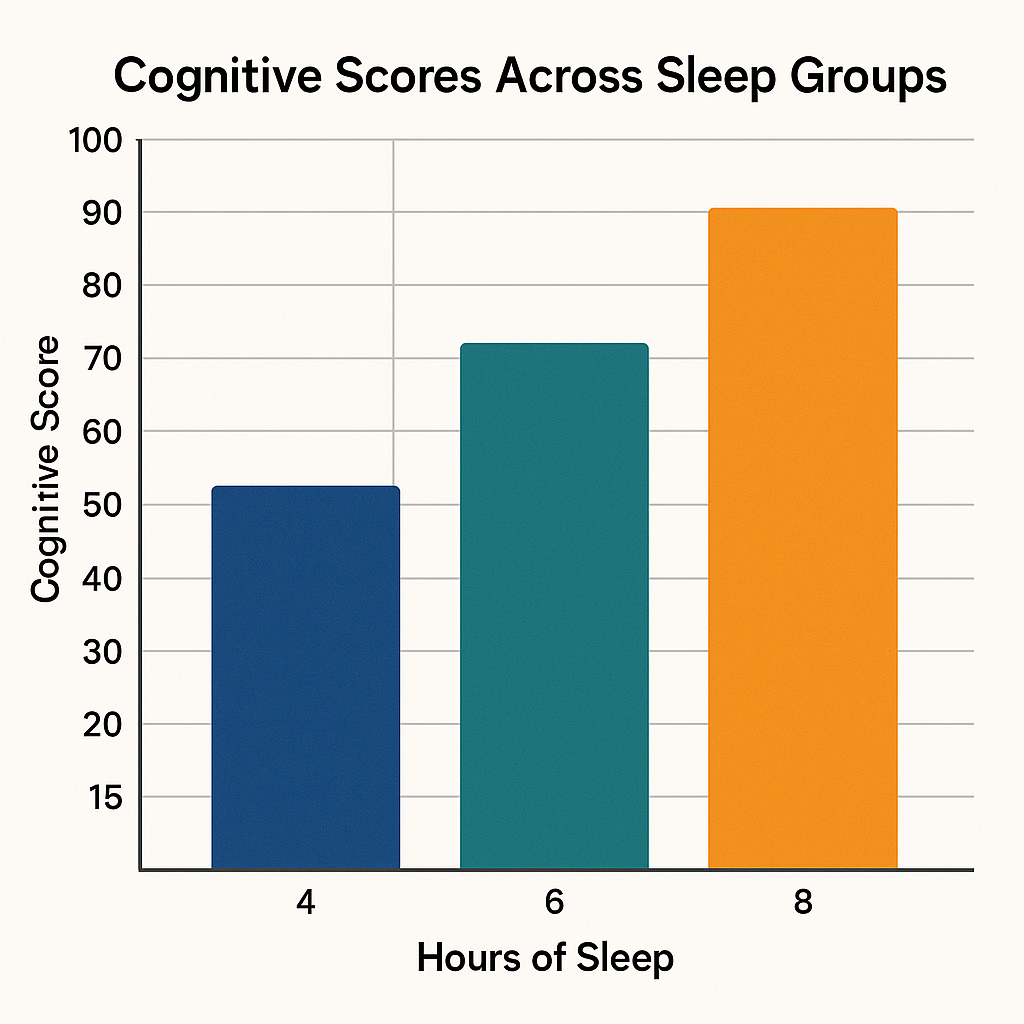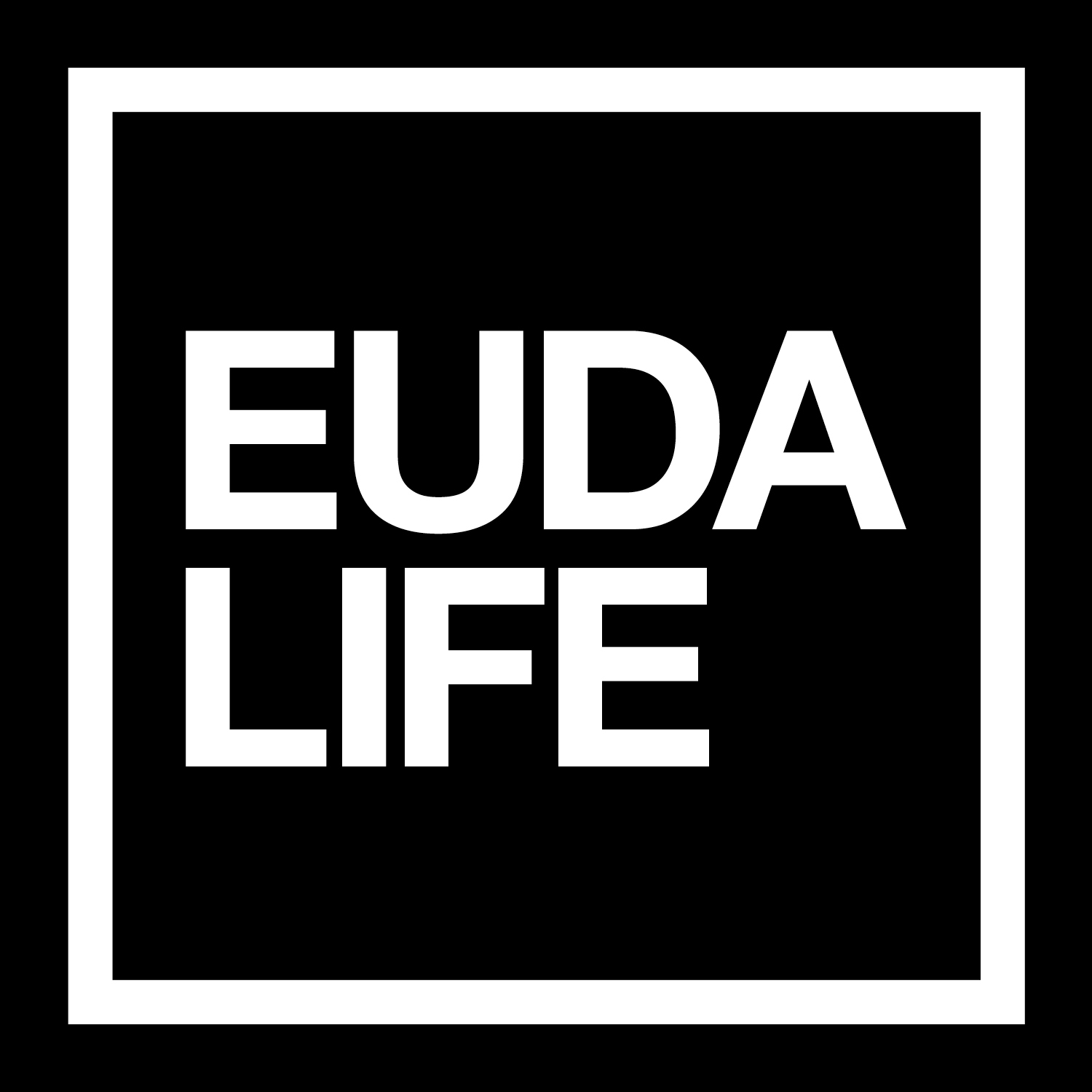Feeling foggy, irritable, or just not yourself? If you’re skimping on sleep, you’re likely racking up sleep debt—a real barrier to unlocking your full potential. Sleep debt isn’t just about feeling tired; it’s a cumulative toll on your mind and body that science links to everything from memory lapses to chronic health risks. Whether you’re averaging six hours or barely hitting four, this guide will reveal how sleep debt impacts you and deliver actionable strategies to pay it off. By the end, you’ll have the tools to optimize your rest, boost performance, and live at your peak. Let’s dive into the science and solutions to reclaim your sleep—and your life.
Table of contents
What Is Sleep Debt and Why It Matters
Sleep debt is the gap between the sleep your body needs—typically 7-9 hours—and what you actually get. It builds up over time, quietly sabotaging your health and potential. According to a 2022 CDC report, about 1 in 3 adults in the U.S. don’t get enough sleep, with prevalence varying by state (30% in Vermont to 46% in Hawaii) and demographics like income and rurality¹. Unlike financial debt, no one’s coming to collect—but the consequences hit hard. From reduced focus to a weaker immune system, sleep debt holds you back in ways you might not even notice. Understanding it is the first step to taking control.
The Science Behind Sleep Debt
Research shows that sleep deprivation leads to significant physiological changes. A landmark study found that just six days of four-hour nights increased cortisol, blood pressure, and insulin resistance in healthy individuals². These effects reversed with proper rest, proving sleep’s power to heal—but only with commitment.
How Sleep Debt Affects Your Body
Sleep isn’t a luxury; it’s a biological necessity. Skimp on it, and your body pays the price. Here’s what science shows about chronic sleep deprivation:
Physical Health Impacts
- Immune Suppression: A study found that sleep-deprived subjects produced half the antibodies to a flu vaccine, indicating a weakened immune response².
- Hormonal Chaos: Sleep restriction increases cortisol, disrupting stress management, and promotes insulin resistance, a diabetes risk factor³.
- Pain and Fatigue: A 2023 meta-analysis linked sleep loss to increased headaches and abdominal discomfort⁴.
- Blood Pressure: Acute sleep loss can elevate blood pressure, increasing cardiovascular risks⁵.
Sleep Debt by the Numbers
| Hours Slept Per Night | Equivalent to No-Sleep Nights | Key Physical Effects |
| 8+ | 0 | Optimal health |
| 6-7 | 1 night | Mild fatigue |
| 4-5 | 2 nights | Immune decline |
| <4 | 3+ nights | Severe dysfunction |
The Mental Toll of Sleep Deprivation
Your brain thrives on sleep. Cut it short, and cognitive cracks appear fast. A 2003 study by Van Dongen et al. tested 48 adults assigned to sleep 4, 6, or 8 hours nightly, or no sleep for three days⁶.
Cognitive Decline Breakdown
- 8 Hours: No performance drop—sharp memory and reaction times held steady.
- 6 Hours: After two weeks, scores matched one night of total sleep loss.
- 4 Hours: Equivalent to two sleepless nights, with plummeting focus and recall.
Worse, sleep-deprived individuals didn’t realize how impaired they were. Self-reported sleepiness plateaued while performance tanked, a sneaky trap of sleep debt⁶. A 2023 study also linked sleep loss to a 20% rise in anxiety and mood swings⁷.

How to Recover from Sleep Debt
Paying off sleep debt takes more than a weekend lie-in. It’s a deliberate process. Here’s how to reset your system:
Step 1: Assess Your Baseline
Track your sleep for a week. Average it out—weekends included. Less than 7 hours? You’ve got debt to tackle.
Step 2: Gradual Recovery Plan
- Add 30-60 minutes to your nightly sleep for 5-7 days⁸.
- Nap strategically: 20-30 minute naps boost alertness; 90-minute naps clear deeper debt but may disrupt nighttime sleep⁹.
- Avoid oversleeping—it disrupts your rhythm.
Step 3: Reset Your Circadian Clock
Camping works wonders—natural light realigns your body. A 2017 study found that a weekend of camping shifted melatonin onset by 1.4 hours, syncing with sunset¹⁰. No tent? Wake up at sunrise, skip artificial lights after dusk.
Tools to Optimize Sleep and Performance
Recovery is step one; optimization is the goal. These tools can elevate your sleep game:
Lumen: Metabolic Mastery
Lumen’s breath-based device tracks if you’re burning carbs or fats, offering personalized diet and sleep tips. Users report 15% better sleep quality within a month¹¹.
Sleep Hygiene Hacks
- Dark Room: Blackout curtains block melatonin-killing light¹².
- Cool Temp: Keep it 60-67°F—studies show it speeds sleep onset¹³.
- Routine: Same bedtime nightly syncs your clock⁸.
FAQ About Sleep Debt
FAQ About Sleep Debt
Mild debt (1-2 hours short) clears in 3-5 days of 8-hour nights. Chronic debt may need weeks of consistent rest⁸.
No—it’s cumulative. One night helps, but full recovery takes sustained effort⁸.
Yes. Sleep-deprived people consume 200-300 extra calories daily due to increased ghrelin and decreased leptin¹⁴.
Daytime fatigue, poor focus, or mood dips despite “enough” sleep signal debt⁷.
For most, no—it’s linked to memory and health declines over time⁶.
Conclusion
Sleep debt isn’t just a buzzword—it’s a silent thief of your potential. From immune crashes to mental fog, the toll is real, but so is the fix. By understanding its effects, tracking your habits, and using tools like Lumen, you can pay off sleep debt and optimize your life. Start tonight: add an hour, dim the lights, and commit to rest. Want more? Explore our guides on purpose and performance to keep leveling up with EudaLife. Your peak awaits—go claim it.
Reclaim Your Health & Vitality with EudaLife Magazine
Welcome to EudaLife Magazine, your trusted source for reclaiming health, vitality, and peak performance in the modern world. Blending ancient wisdom with cutting-edge science, we deliver expert-backed insights on wellness, longevity, biohacking, mental resilience, and holistic living. Get your copy of our inaugural issue today to support unfiltered health information, small businesses, and American publishing.
References
- CDC Sleep Facts and Stats (2022):
https://www.cdc.gov/sleep/data-research/facts-stats/adults-sleep-facts-and-stats.html - Spiegel et al. (1999) – Impact of sleep debt on metabolic and endocrine function:
https://pubmed.ncbi.nlm.nih.gov/10543671/ - Mullington et al. (2006) – Cardiovascular, inflammatory, and metabolic consequences of sleep deprivation:
https://journals.physiology.org/doi/full/10.1152/japplphysiol.00660.2005 - Finan et al. (2023) – Sleep deprivation and pain perception:
https://www.sleephealthjournal.org/article/S2352-7218(23)00166-3/fulltext - Tochikubo et al. (1996) – Effects of insufficient sleep on blood pressure:
https://pubmed.ncbi.nlm.nih.gov/16227462/ - Van Dongen et al. (2003) – The cumulative cost of additional wakefulness:
https://pubmed.ncbi.nlm.nih.gov/12683469/ - Columbia Psychiatry (2023) – How sleep deprivation affects your mental health:
https://www.columbiapsychiatry.org/news/how-sleep-deprivation-affects-your-mental-health - Sleep Foundation – Sleep debt and catch-up sleep:
https://www.sleepfoundation.org/how-sleep-works/sleep-debt-and-catch-up-sleep - Milner & Cote (2021) – Benefits of napping in healthy adults:
https://pubmed.ncbi.nlm.nih.gov/34634774/ - Wright et al. (2017) – Entrainment of the human circadian clock to the natural light-dark cycle:
https://www.cell.com/current-biology/fulltext/S0960-9822(17)30007-4 - Lumen Official Website – Metabolic tracking and sleep improvement claims:
https://www.lumen.me/ - Figueiro et al. (2011) – The impact of light on human circadian rhythms:
https://www.ncbi.nlm.nih.gov/pmc/articles/PMC3047226/ - Okamoto-Mizuno & Mizuno (2012) – Effects of thermal environment on sleep:
https://www.ncbi.nlm.nih.gov/pmc/articles/PMC3427038/ - Broussard & Van Cauter (2022) – Sleep and metabolism:
https://www.nature.com/articles/s41574-022-00747-7
